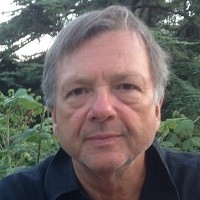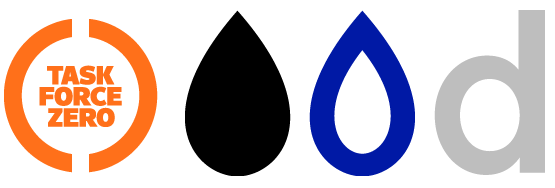
-
Jean Pariès
Professor, DEDALE SASJean PARIES is the President of DEDALE SAS, a consulting company located in Paris (France) and Melbourne (Australia), and active in domains such as aviation, tail, nuclear power, or patient safety. He is an internationally recognized expert in the field of Human and Organizational Factors of safety, and the author of numerous papers, book chapters and communications in this field
He graduated from ENAC, the French National School of Civil Aviation, as an aeronautical engineer. He also hold a commercial pilot license, with multi engines, turbo-prop and instrument ratings, and a helicopter private pilot license. Before leading Dédale, he worked with the French Civil Aviation Authority, then with the French Air Accident Investigation Bureau, as Deputy Head, and Head of Investigations.
From 2000 to 2004, he was also an Associate Research Director with the Centre National de Recherche Scientifique (CNRS). Since the early 2000s, he has actively participated in the research movement of Resilience Engineering, and he is the current President of the "Resilience Engineering Association". In 2007 he was awarded the Paul Biro Price by the MINES ParisTech Foundation.
Speaker in the sessions-
13:50 - 14:20 The challenge of the unexpected14:50 - 15:15 Talk and engagement session, Slido Q&A
-
